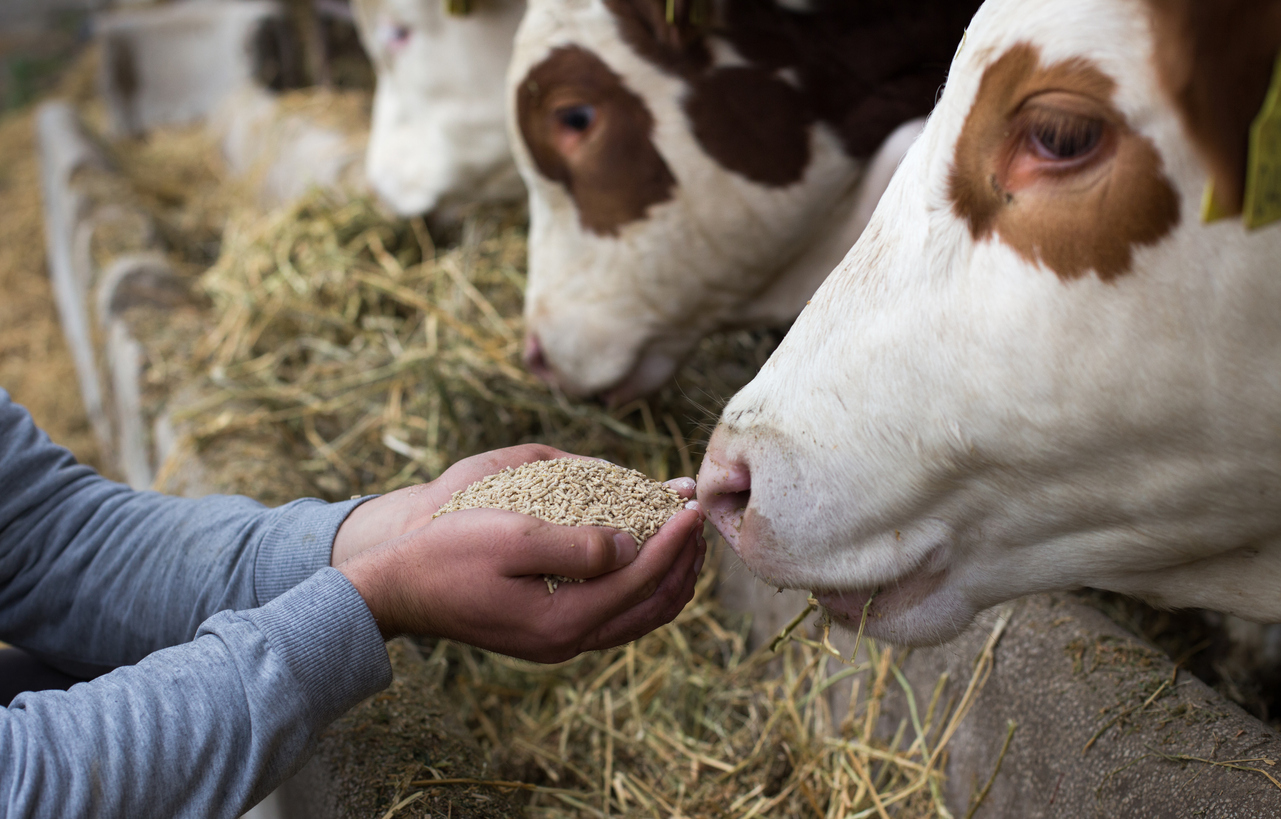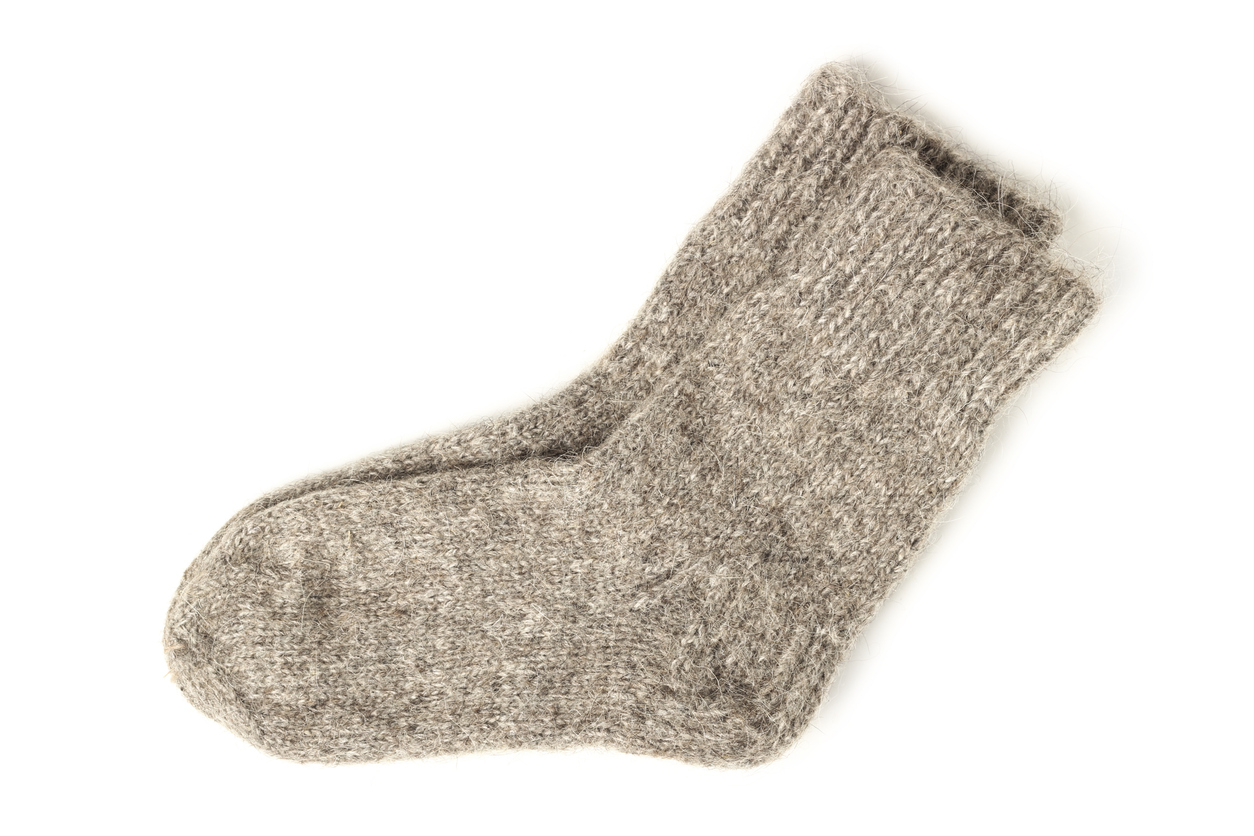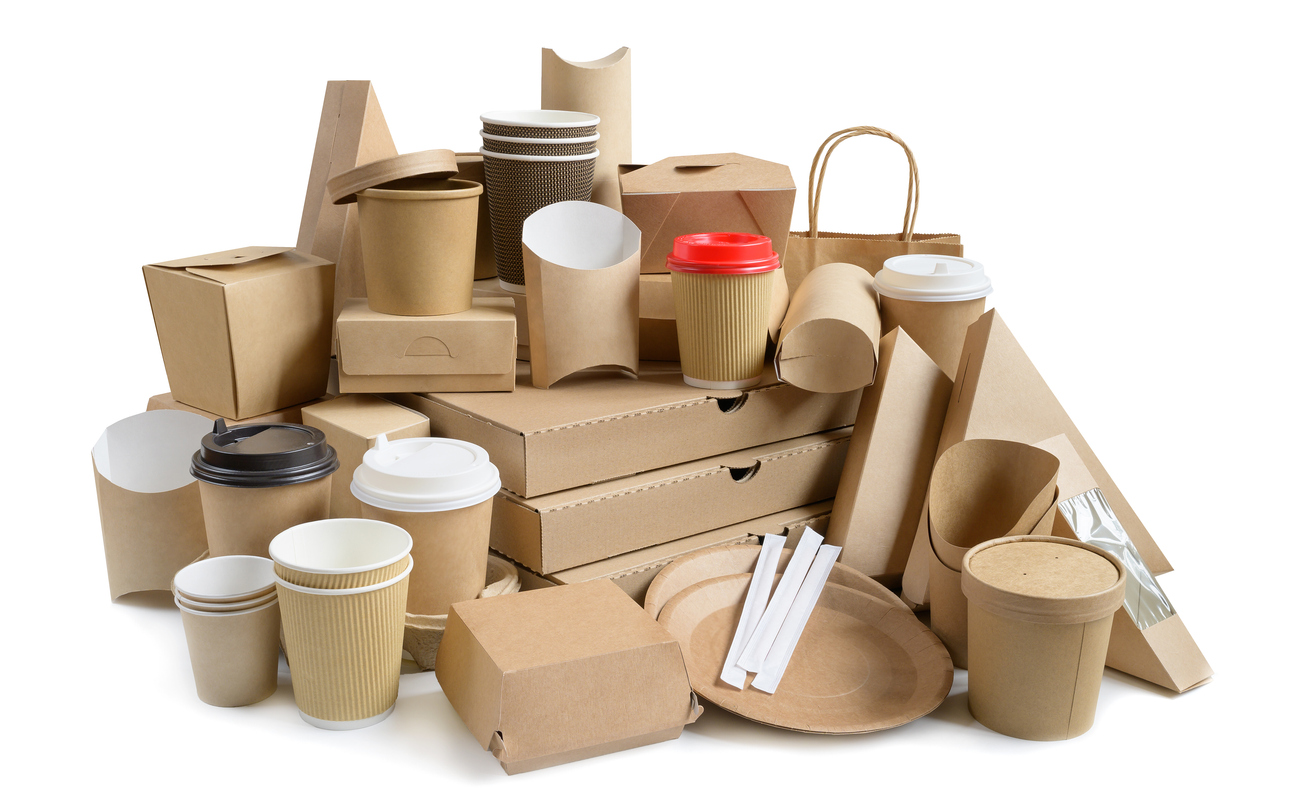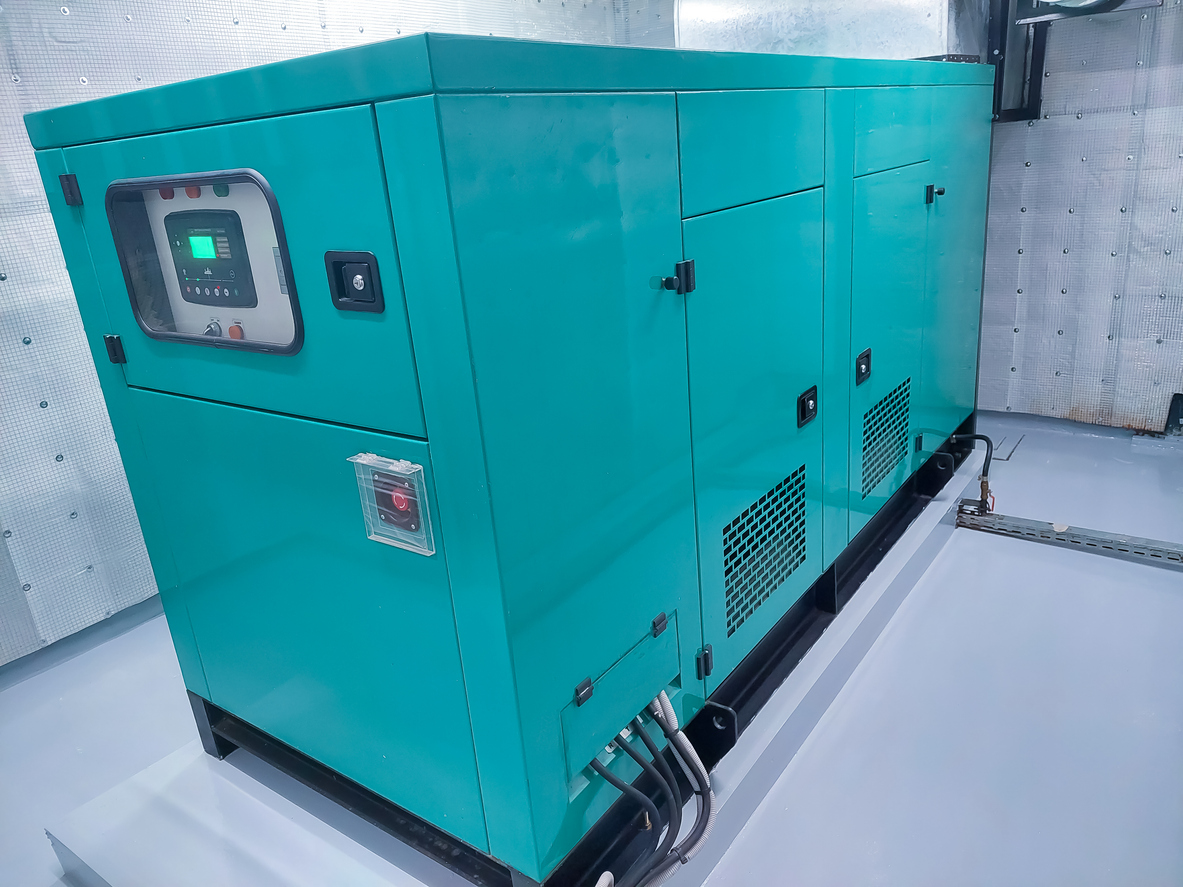Buying and Exporting Animal Food from South Africa: How to Begin
Buying and Exporting Animal Food from South Africa: How to Begin
Whether you’re an importer, exporter, manufacturer or wholesaler of animal food, the South African market provides great opportunities. The country is home to some of the world’s largest beef and dairy producers, as well as some of its smallest farmers. As a result, there is a high demand for quality products in all categories. However, exporting animal food from South Africa requires specialist knowledge to navigate the different certification requirements. This article will explain how you can begin buying and exporting animal food from South Africa by becoming aware of the different certification documents available and identifying which ones are relevant to your business. It will also provide advice on where to find information about the local market and how best to make contact with potential partners.
What is Animal Food?
Animal food is anything that is used to feed or nourish animals, including pet food. It is not intended for human consumption. Animal feeds are the materials used to feed domesticated and/or captive animals, such as chickens, cows, pigs, sheep, goats, fish, and other aquatic creatures. While pet food is an important part of the animal feed market, it is not included in this report. Animal food includes products such as vitamins and minerals, premixes, concentrates, feed additives, feed enhancers, feed enzymes, feed proteins, amino acids, meals, and concentrates. They are produced from both raw materials and by-products, as well as synthetic sources. Animal feeds are mixed and delivered in bags, silos, or bulk containers. They are fed to animals, such as chickens, cows, pigs, sheep, and goats, to increase their growth rate and improve their nutritional value.
Import Certifications for Animal Food
The first step to importing animal food is to determine the documents required by South African customs. The most common import certifications for animal food include: CODE: HS-CODE: The Harmonized Commodity Description and Coding System (HS Code) is a system of codes used to classify imported and exported goods. This can be found on customs documents, commercial invoices, and other commercial documents. PACKAGING: The types of packaging materials used for the product. QUALITY: The types of testing that was conducted on the product’s quality. The two most common documents are a Certificate of Origin (CO) and a Certificate of Free Sale (CF). These documents indicate that food products meet the specific requirements of both the importing and exporting countries.
Export Certifications for Animal Food
The first step to exporting animal food is determining what certification is required by South African standards. The most common export certifications for animal food include: CODE: HS-CODE: The Harmonized Commodity Description and Coding System (HS Code) is a system of codes used to classify imported and exported goods. This can be found on customs documents, commercial invoices, and other commercial documents. PACKAGING: The type of packaging material used for the product. HEALTH STANDARDS: The specific health and safety standards that must be met before the product can be exported. The two most common certifications for animal food are the Export Certificate of Origin (CO) and the Certificate of Free Sale (CF). These documents indicate that food products meet the specific requirements of both the importing and exporting countries.
Finding Out Which Documents Are Relevant to You
The first step to finding out which documents are relevant to your company is to determine which type of product you will be importing or exporting. You should be able to find the product codes on the internet or in a product index. Once you know the product code, you can look it up in the Harmonized Commodity Description and Coding System (HS Code). This will tell you the documents required for customs clearance. If you’re exporting, you should also find out if there are any specific health or safety requirements for your product. You can do this by contacting the relevant organizations in your country, such as the Food and Drug Administration (FDA), Department of Agriculture (USDA), Department of Health (DOH), or Department of Environment (DOE).
Exporting Good Manufacturing Practices (GMP) food and animal feed
GMP is a food safety management system that includes all aspects of production, from the raw materials to the end product. GMP certification is essential when importing food into South Africa. In order to export GMP animal feed, you must: Find a local South African importer: The first step is to find a South African importer who is interested in buying your product. You can do this by visiting trade shows, talking to other exporters, or by using online marketplaces. Find a South African certification body: You will need to find a South African certification body to conduct the audit and issue the certification documents. There are a number of certification bodies that specialize in the food and feed industry. You can find a list of certifiers here.
Exporting foods of animal origin (FAO)
FAO certification is required when importing animal foods, such as milk and eggs, from South Africa. In order to export FAO animal foods, you must: Find a local South African importer: The first step is to find a South African importer who is interested in buying your product. You can do this by visiting trade shows, talking to other exporters, or by using online marketplaces. Find a South African certification body: You will need to find a South African certification body to conduct the audit and issue the certification documents. There are a number of certification bodies that specialize in the food and feed industry. You can find a list of certifiers here.
Exporting non-GMP animal food and non-food animal feed
Non-GMP animal food and non-food animal feed are not subject to audits of the same level as GMP food. In order to export non-GMP animal food and non-food animal feed, you must: Find a local South African importer: The first step is to find a South African importer who is interested in buying your product. You can do this by visiting trade shows, talking to other exporters, or by using online marketplaces. Find a South African certification body: You will need to find a South African certification body to conduct the audit and issue the certification documents. There are a number of certification bodies that specialize in the food and feed industry. You can find a list of certifiers here.
Conclusion
The South African animal feed market is an exciting place to do business. As a large economy, there is a high demand for quality products from a range of suppliers. Exporting GMP, FAO, and non-GMP animal feed and non-food animal feed is relatively straightforward. You will need to find a South African importer and certification body that is willing to work with you.








LEAVE A COMMENT
You must be logged in to post a comment.